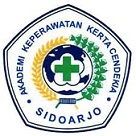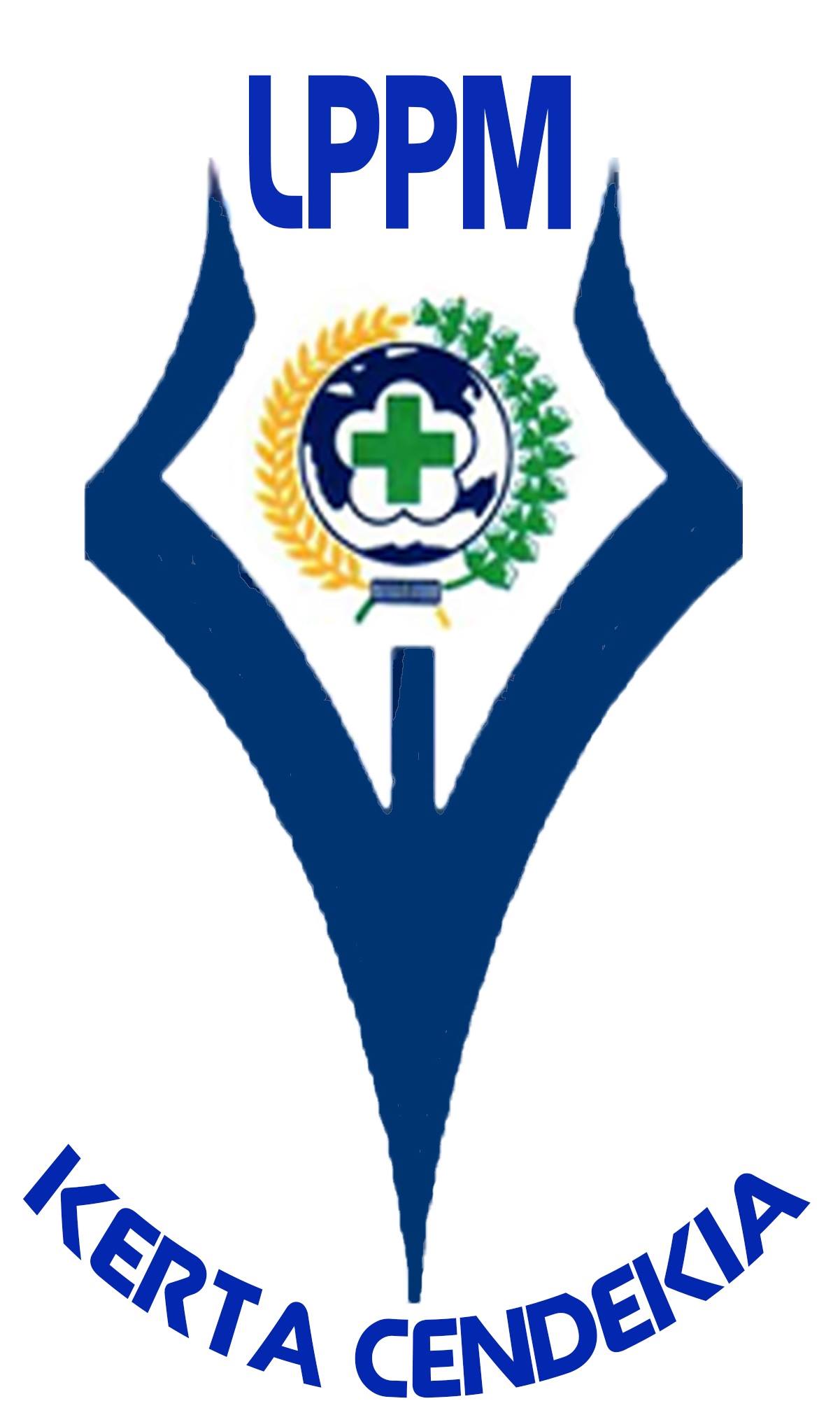EFFECTIVENESS OF AUGMENTED REALITY-BASED THERAPEUTIC PATIENT EDUCATION ON HEALTH LOCUS OF CONTROL IN TYPE 2 DIABETES MELLITUS PATIENTS
DOI:
https://doi.org/10.36720/nhjk.v13i2.700Keywords:
Augmented Reality, Health Locus of Control, Therapeutic Patient Education, Type 2 Diabetes MellitusAbstract
Background: Type 2 Diabetes Mellitus (T2DM) is a chronic disease with a rising global prevalence, significantly affecting patients' quality of life and the health system. Effective management of T2DM requires patients to actively regulate their diet, physical activity, and adherence to treatment. Health Locus of Control (HLC) measures the extent to which individuals believe their health is influenced by their actions (internal), others (powerful others), or chance. Augmented Reality (AR) technology presents an innovative method for therapeutic education, potentially enhancing patient engagement and learning effectiveness.
Objectives: To analyze the effect of Augmented Reality-based therapeutic patient education on health locus of control in T2DM patients.
Methods: A quasi-experimental design with pre- and post-tests and a control group was used. Non-probability purposive sampling selected 100 respondents, divided into an intervention group (50) and a control group (50). The Multidimensional Health Locus of Control questionnaire served as the research instrument. Univariate analysis described respondents' frequency distribution, mean, median, and standard deviation. Bivariate analysis utilized the Wilcoxon test.
Results: Augmented Reality based Therapeutic Education significantly improved HLC scores in T2DM patients: Internal (p = 0.01), Powerful Others (p = 0.02), and Chance (p = 0.00). However, no significant difference was found between the intervention and control groups in terms of overall HLC improvement, indicating the need for further research to confirm these preliminary findings.
Conclusion: Augmented Reality-based Therapeutic Education shows promise in enhancing patients' perception of control over their health. This innovative approach could significantly impact clinical practice and patient education.
Downloads
References
Adapa, K., Jain, S., Kanwar, R., Zaman, T., Taneja, T., Walker, J., & Mazur, L. (2020). Augmented reality in patient education and health literacy: a scoping review protocol. BMJ Open, 10(9), e038416. https://doi.org/10.1136/bmjopen-2020-038416
Adu, M. D., Malabu, U. H., Malau-Aduli, A. E. O., & Malau-Aduli, B. S. (2019). Enablers and barriers to effective diabetes self-management: A multi-national investigation. PLoS ONE, 14(6). https://doi.org/10.1371/journal.pone.0217771
Ahmad, F., & Joshi, S. H. (2023). Self-Care Practices and Their Role in the Control of Diabetes: A Narrative Review. Cureus. https://doi.org/10.7759/cureus.41409
Amjad, A., Kordel, P., & Fernandes, G. (2023). A Review on Innovation in Healthcare Sector (Telehealth) through Artificial Intelligence. In Sustainability (Switzerland) (Vol. 15, Issue 8). MDPI. https://doi.org/10.3390/su15086655
Barteit, S., Lanfermann, L., Bärnighausen, T., Neuhann, F., & Beiersmann, C. (2021). Augmented, mixed, and virtual reality-based head-mounted devices for medical education: Systematic review. In JMIR Serious Games (Vol. 9, Issue 3). JMIR Publications Inc. https://doi.org/10.2196/29080
Chacko, E., & Signore, C. (2020). Five Evidence-Based Lifestyle Habits People With Diabetes Can Use. Clinical Diabetes, 38(3), 273–284. https://doi.org/10.2337/cd19-0078
Correia, J. C., Waqas, A., Assal, J.-P., Davies, M. J., Somers, F., Golay, A., & Pataky, Z. (2023). Effectiveness of therapeutic patient education interventions for chronic diseases: A systematic review and meta-analyses of randomized controlled trials. Frontiers in Medicine, 9. https://doi.org/10.3389/fmed.2022.996528
ElGerges, N. S. (2020). Effects of therapeutic education on self-efficacy, self-care activities and glycemic control of type 2 diabetic patients in a primary healthcare center in Lebanon. Journal of Diabetes and Metabolic Disorders, 19(2), 813–821. https://doi.org/10.1007/s40200-020-00567-4
Fajriyah, N., Anisa Firmanti, T., Mufidah, A., & Tri Septiana, N. (n.d.). Systematic Review A Diabetes Self-Management Education/Support (DSME/S) Program in Reference to the Biological, Psychological and Social Aspects of a Patient with Type 2 Diabetes Mellitus: A Systematic Review. https://doi.org/10.20473/jn.v14i3(si).16979
Fajriyah, N., Arifin, H., & Rohmah, U. N. (2023). Effectiveness Of Land-Based And Aquatic Physical Exercise On Physical Fitness, Depression Status And Quality Of Life In Diabetes Mellitus Type 2 (Vol. 1, Issue 1).
Fajriyah, N., & Trisnawuri, S. (2023). The Effectiveness of Progressive Muscle Relaxation and Neuromuscular Taping on Ankle Brachial Index Values and Quality of Life in People With Type 2 Diabetes Mellitus. Critical Medical and Surgical Nursing Journal, 12(1), 25–32. https://doi.org/10.20473/cmsnj.v12i1.48840
Galicia-Garcia, U., Benito-Vicente, A., Jebari, S., Larrea-Sebal, A., Siddiqi, H., Uribe, K. B., Ostolaza, H., & MartÃn, C. (2020). Pathophysiology of type 2 diabetes mellitus. In International Journal of Molecular Sciences (Vol. 21, Issue 17, pp. 1–34). MDPI AG. https://doi.org/10.3390/ijms21176275
Gerçek, M., & Özveren, C. G. (2024). How Do Proactive Personality and Internal Locus of Control Play a Role in the Links Between Career Adaptability and Job Search Behaviors of Job Seekers? A Two-Moderator Approach. International Journal of Business and Economic Studies, 6(1), 15–31. https://doi.org/10.54821/uiecd.1406825
Hasina, S. N., Shodiq, M., Putri, A., Noventi, I., & Masithah, D. (2022). Pengaruh Edukasi Kesehatan Terapi Buerger Allen Exercise Terhadap Pengetahuan Penderita Diabetes Mellitus Dalam Upaya Menurunkan Resiko Gangguan Perfusi Jaringan Perifer. Jurnal Ilmiah Permas: Jurnal Ilmiah STIKES Kendal, 12(4), 871–876. http://journal.stikeskendal.ac.id/index.php/PSKM
Haskas, Y., Suryanto, Y., & Suarnianti, Y. (2019). Improvement in Diabetic Control Belief in Relation to Locus of Control. The Open Nursing Journal, 13(1), 123–128. https://doi.org/10.2174/1874434601913010123
Hati, Y., Fadillah, F., & Pase, M. (2021). Health Locus Of Control Dan Self-Efficacy Pasien DM Tipe 2 Dengan Penerapan Modifikasi Psikoedukasi. Jurnal Keperawatan Priority, 4(1).
International Diabetes Federation. (2021). IDF Diabetes Atlas (E. J. Boyko, D. J. Magliano, S. Karuranga, L. Piemonte, P. R. P. Saeedi, & H. Sun, Eds.; 10th ed.). www.diabetesatlas.org
Juan, R., Zink, T., Tariq, S., César Correia JorgeCesarCorreia, J., J-p, A., César Correia, J., Waqas, A., Assal, J.-P., Davies, M. J., Somers, F., Golay, A., & Pataky, Z. (2023).
Effectiveness of therapeutic patient education interventions for chronic diseases: A systematic review and meta-analyses of randomized controlled trials. Frontiers in Medicine. https://doi.org/10.3389/fmed.2022.996528
Kementerian Kesehatan Republik Indonesia. (2023). DITJEN P2P (Direktorat Jendral Pencegahan dan Pengendalian Penyakit) Laporan Kinerja Semester 1 Tahun 2023.
Kurniawan, E., Azissah Roeslina Sofais, D., & Ilmu Kesehatan Universitas Dehasen Bengkulu, F. (2024). Pengaruh Edukasi Empat Pilar Pada Penyakit Diabetes Melitus Terhadap Self Efficacy Di Rsud Rejang Lebong Tahun 2023 The Effect of Four Pillars Education on Diabetes Mellitus Disease on Self Efficacy at Rsud Rejang Lebong in 2023. In Student Scientific Journal (Vol. 2, Issue 1).
Mansour, A., Mousa, M., Abdelmannan, D., Tay, G., Hassoun, A., & Alsafar, H. (2023). Microvascular and macrovascular complications of type 2 diabetes mellitus: Exome wide association analyses. Frontiers in Endocrinology, 14. https://doi.org/10.3389/fendo.2023.1143067
Mulyani, E. Y., Jus’at, I., & Sumaedi, S. (2023). The effect of Augmented-Reality media-based health education on healthy lifestyle knowledge, attitude, and healthy lifestyle behaviors among pregnant women during COVID-19 pandemic in Jakarta, Indonesia. Digital Health, 9. https://doi.org/10.1177/20552076231167255
Nuetzel, B. (2023). Coping strategies for handling stress and providing mental health in elite athletes: a systematic review. Frontiers in Sports and Active Living, 5. https://doi.org/10.3389/fspor.2023.1265783
Ortega Pacheco, Y. J. (2024a). Therapeutic patient education (TPE): A field of research and practice for psychosocial health intervention. In Atencion Primaria (Vol. 56, Issue 4). Elsevier Espana S.L.U. https://doi.org/10.1016/j.aprim.2024.102874
Ortega Pacheco, Y. J. (2024b). Therapeutic patient education (TPE): A field of research and practice for psychosocial health intervention. In Atencion Primaria (Vol. 56, Issue 4). Elsevier Espana S.L.U. https://doi.org/10.1016/j.aprim.2024.102874
Siennicka, A., Pondel, M., Urban, S., Jankowska, E. A., Ponikowska, B., & Uchmanowicz, I. (2022). Patterns of Locus of Control in People Suffering from Heart Failure: An Approach by Clustering Method. Medicina, 58(11), 1542. https://doi.org/10.3390/medicina58111542
Yılmaz, M., Aktaş, B., Dereli, F., & Kundakçı, G. (2020). Health Beliefs, Self-Care Behaviors and Quality of Life in Adults with Type 2 Diabetes. Florence Nightingale Journal of Nursing, 28(2), 221–229. https://doi.org/10.5152/FNJN.2020.19102
Zielińska-Więczkowska, H. (2016). Relationships between health behaviors, self-efficacy, and health locus of control of students at the universities of the third age. Medical Science Monitor, 22, 508–515. https://doi.org/10.12659/MSM.894997
Downloads
Published
How to Cite
Issue
Section
Citation Check
License
Authors who publish with Nurse and Health: Jurnal Keperawatan agree to the following terms:
- Authors retain copyright licensed under a Creative Commons Attribution-NonCommercial 4.0 (CC BY-NC 4.0), which allows others to remix, tweak, and build upon the authors' work non-commercially, and although the others' new works must also acknowledge the authors and be non-commercial, they don't have to license their derivative works on the same terms.
- Authors are permitted and encouraged to post their work online (e.g., in institutional repositories or on their website) prior to and during the submission process, as it can lead to productive exchanges, as well as earlier and greater citation of published work (See The Effect of Open Access). Authors can archive pre-print and post-print or publisher's version/PDF.








